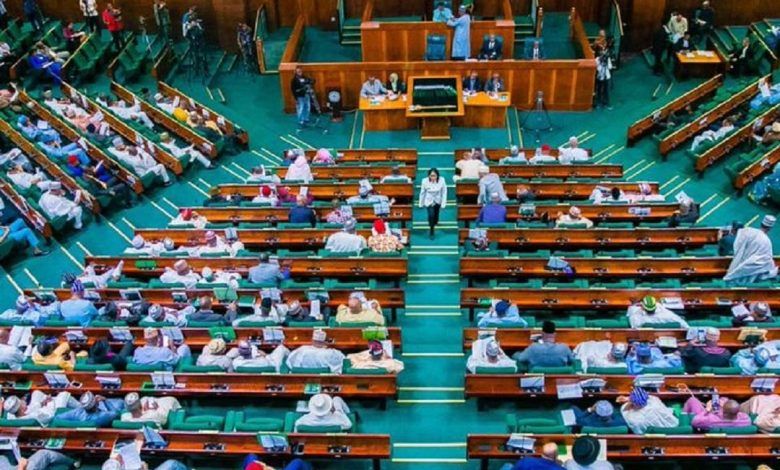
In response to the technical challenges that marred the 2025 Unified Tertiary Matriculation Examination (UTME), the House of Representatives has urged the establishment of at least one computer-based testing (CBT) centre in every one of Nigeria’s 774 local government areas.
The resolution, adopted during Thursday’s plenary session, followed an admission by the Joint Admissions and Matriculation Board (JAMB) acknowledging glitches that affected hundreds of thousands of candidates nationwide. Lawmakers emphasized that expanding CBT centres would help prevent similar disruptions in future exams.
The House also appealed for calm amid public concern, urging stakeholders to trust the ongoing corrective measures.
This call echoes a similar proposal by the Senate last month, where the Senate Committee on Tertiary Institutions and TETFUND, led by Chairman Mohammed Dandutse, pledged to collaborate with the House to ensure budgetary provisions are made in the 2026 fiscal year for this initiative.
Dandutse highlighted disparities in the availability of ICT centres, citing his own Katsina South senatorial district, where only 2 out of 11 LGAs have CBT centres. “To facilitate equitable access and smooth conduct of the UTME, CBT centres must be accessible in every local government area,” he stated.
The urgency of the resolution was underscored by JAMB Registrar Ishaq Oloyede’s rare and emotional admission on Wednesday, acknowledging that technical errors had compromised the examination’s integrity. He disclosed that approximately 379,997 candidates would be allowed to retake the exam following investigations into the issues.
The 2025 UTME faced widespread criticism over technical glitches, suspiciously low scores, and alleged irregularities with exam content. JAMB’s review revealed that 157 out of 887 centres were impacted by technical faults, affecting thousands of test-takers.
By advocating for a CBT centre in each local government area, lawmakers aim to bolster the examination’s accessibility, reliability, and transparency — key pillars for restoring public confidence.





